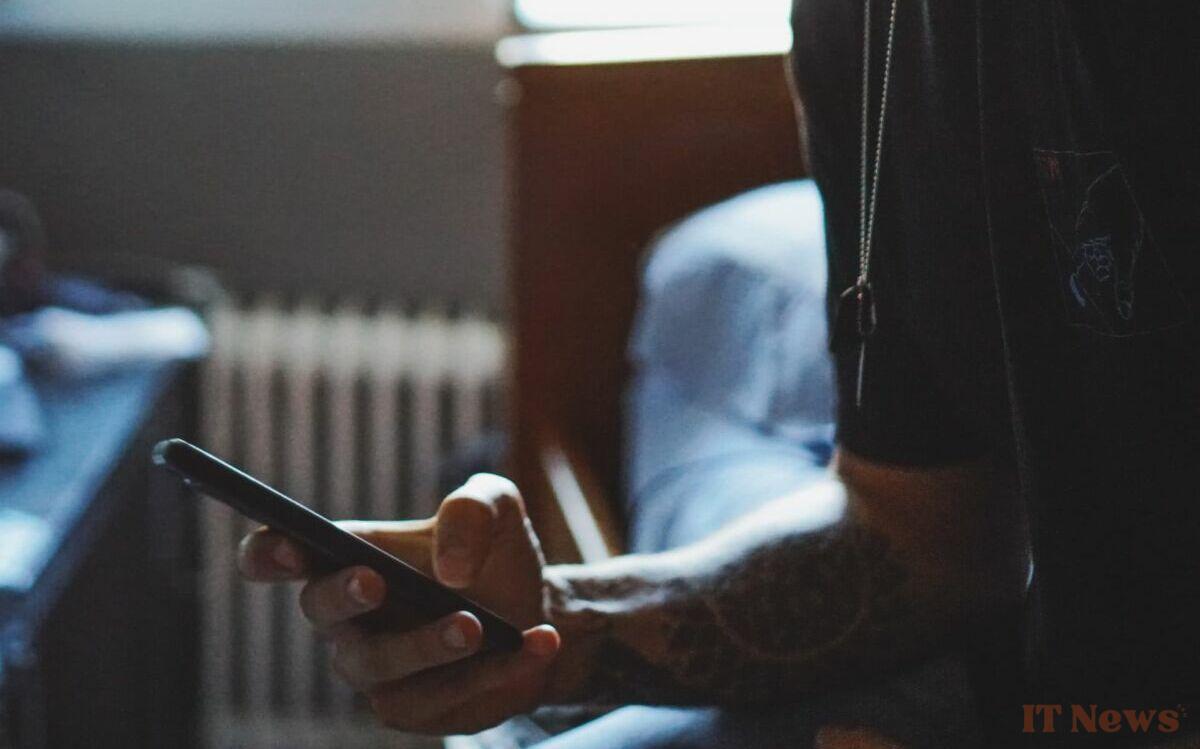Notifications accompany us from morning to night, sometimes disrupting our moments of rest. A recent study reveals that this hyperconnection has an impact on stress and the quality of sleep. Specialists advise turning them off well before bedtime to get back to a more peaceful rhythm.
Smartphones and tablets have become omnipresent in our daily lives. Messages, social networks, emails... notifications never stop and capture our attention constantly. Result: many French people have difficulty switching off, even at the end of the day. This hyperconnection has a direct impact on stress and sleep.
A study conducted for Kindle reveals that 85% of French people feel stressed in the evening because of notifications. Worse still, 80% admit to having fallen asleep later than expected while consulting them. The average bedtime in France is 11:09 p.m., but sleep specialists recommend turning off notifications at least an hour before to allow the brain to relax. This means that alerts should be turned off from 10:09 p.m. to improve the quality of sleep.
Notifications cause stress and distractions until late at night
The figures from the study are eloquent: 63% of French people feel frequently distracted by notifications, and some check them up to 50 times per hour. This phenomenon can be explained by a chemical reaction in the brain: each alert triggers a release of dopamine, a hormone associated with pleasure and addiction. The problem is that this overstimulation maintains a state of constant vigilance, making it more difficult to fall asleep.
In addition to stress, notifications also disrupt evening relaxation moments. 46% of French people say they are regularly interrupted by alerts while they are trying to relax. Many try to unwind by watching television (68%), listening to music (42%) or reading a book (32%). However, these interruptions make it more difficult to break away from screens. One solution might be to opt for distraction-free alternatives, such as an e-reader or silent mode on connected devices.
Sleep experts recommend several best practices to limit the impact of notifications at the end of the day. Among them: turning off electronic devices at least an hour before bed, not using your phone as an alarm clock, and avoiding caffeine and alcohol before bed. These small habits can promote deeper and more restorative sleep.




0 Comments